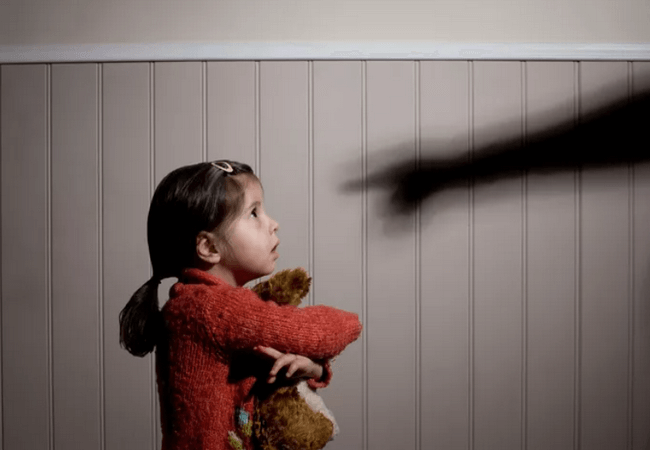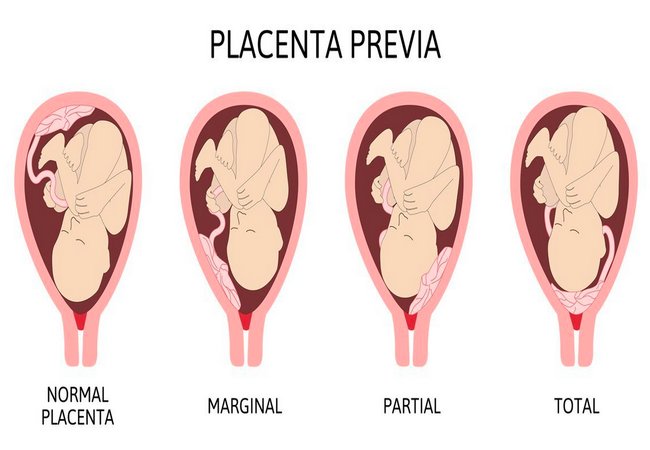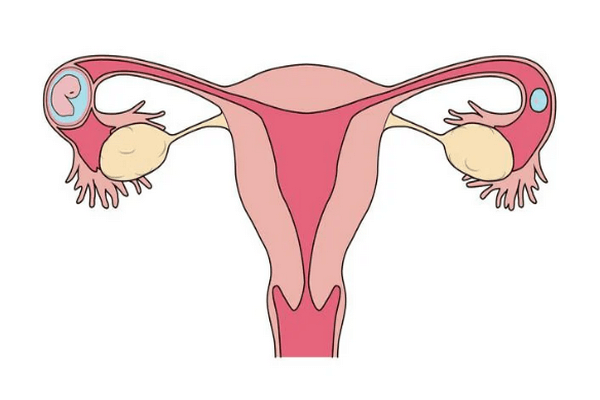Nursing Interventions or Management of Child Abuse
What Do You Mean By Abuse?
Abuse is defined as any action that intentionally harms or injures another person. Abuse can occur to anyone of any age and gender and from any walk of life. It can take the form of physical battery, emotional bullying, psychological coercion, sexual abuse, or neglect.
What is Child Abuse?
Child abuse is when a parent or caregiver, whether through action or failing to act, causes injury, death, emotional harm or risk of serious harm to a child. There are many forms of child maltreatment, including neglect, physical abuse, sexual abuse, exploitation and emotional abuse.

Child abuse is the maltreatment of children, including any or all of the following Physical, emotional, medical or educational neglect, physical punishment or “battering, and emotional or sexual maltreatment and exploitation.
What is Sexual Abuse?
Sexual abuse or sex abuse, also referred to as molestation, is abusive sexual behavior by one person upon another. It is often perpetrated using force or by taking advantage of another. When force is immediate, of short duration, or infrequent, it is called sexual assault.
You can read: Causes and Effects of Child Abuse
Nursing Management of Child Abuse:
Nursing intervention for all types of child abuse has many commonalities.
- Develop a trusting relationship with parents and the child.
- Be direct but support.
- Explore with the parents how the events that led to the abuse can be altered in the future and alternative strategies for managing the children.
- Healthcare teaching including parenting skill and information regarding basic growth and development.
- Discussion of strategies for anger control. If possible, refer them to a group that teaches anger control.
- Discuss the laws on child abuse and help the family to be comfortable cooperating with child protective services.
- Role model providing care to the child when possible.
- If child needs hospitalization, encourage the involvement of the parents and opportunities to teach them how to care for the child effectively.
- Assist parents to verbalize their understanding of the impact of abuse on their child and how they can prevent it in the future.
- Discuss the short and long term psychological effects on the child.
- Coordination of services to the family.
- Finding and monitoring attendance of the parents at parenting and anger management classes. Nurses acts as liaisons with child Protective services.
More questions related to this article:
- What is the definition of abuse?
- What is the definition of sexual abuse.
- What is the definition of child abuse.
- Write down the management of child abuse.
- Give the treatment of abuse child.
- Write down the treatment of abuse child.
- What are the nursing interventions of child abuse?











